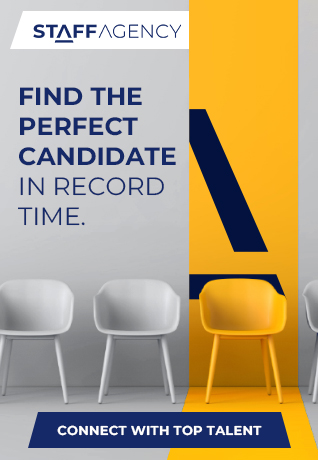Introducing the Comprehensive Interviewer’s Framework, a valuable resource designed to optimize the hiring process and guide interviewers in making well-informed decisions when selecting the ideal candidate for a role. This framework encompasses four essential phases: Preparation, Conducting the Interview, Evaluation and Decision Making, and Continuous Improvement. Each phase features a series of steps and guidelines to assist interviewers in defining the role, creating a structured interview process, evaluating candidates, and refining their approach for future interviews. By adopting this framework, interviewers will not only enhance their interviewing skills but also contribute to building a skilled and cohesive team within their organization.
Preparation
Define the role and job requirements
- Identify key skills, experience, and qualifications
- Establish essential and desirable criteria
Prepare the interview environment
- Choose a quiet, comfortable, and professional setting
- Ensure necessary technology (e.g., video conferencing) is working
Develop interview questions and structure
- Create a mix of behavioral, situational, and technical questions
- Include questions to assess cultural fit
- Plan a consistent interview structure for all candidates
Conducting the Interview
Establish rapport
- Introduce yourself and explain your role
- Offer a warm welcome and make the candidate feel comfortable
Set expectations
- Outline the interview structure and time frame
- Inform the candidate about next steps in the hiring process
Ask questions and listen actively
- Ask open-ended questions and follow-up questions
- Take notes to record candidate responses
- Allow the candidate to fully answer each question
Provide opportunities for candidate questions
- Allocate time for candidate inquiries
- Answer questions honestly and thoroughly
Evaluation and Decision Making
Review and compare candidate responses
- Assess candidates against established criteria
- Identify strengths, weaknesses, and potential concerns
Gather feedback from other interviewers (if applicable)
- Hold a debrief meeting to discuss candidate performance
- Address any discrepancies in evaluations
Make a hiring decision
- Consider candidate fit based on skills, experience, and cultural alignment
- Consult with HR or other stakeholders as needed
Communicate the decision to candidates
- Provide prompt feedback and updates
- Offer constructive feedback to unsuccessful candidates, if appropriate
Continuous Improvement
Reflect on the interview process
- Identify areas of success and areas for improvement
- Gather feedback from candidates to enhance future interviews
Adjust and refine the interview framework as needed
- Update questions and criteria based on organizational needs
- Implement best practices to create a more effective interview process




